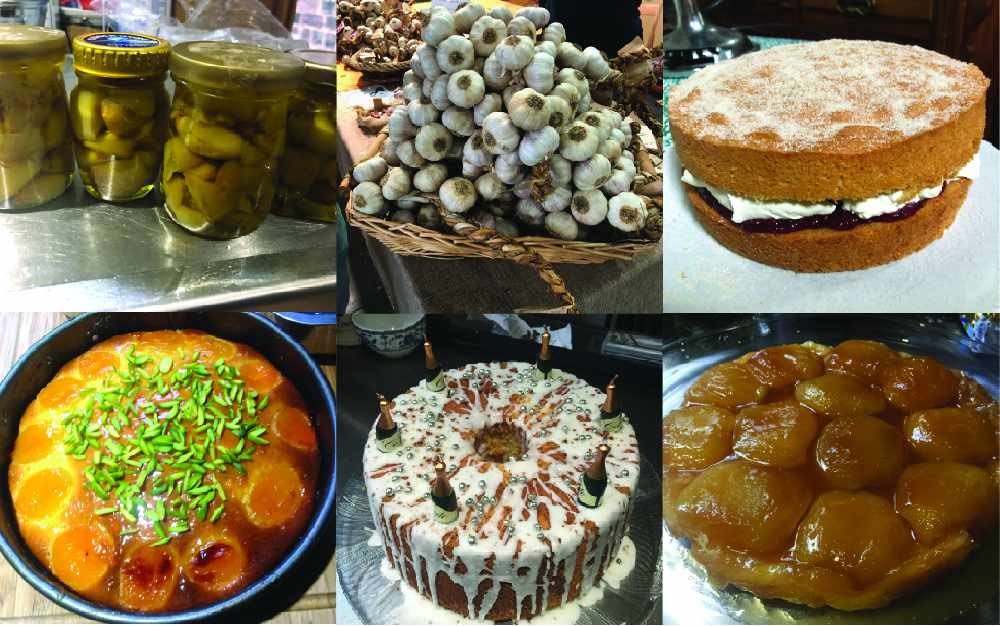
With recent headlines ranging from stockpiling to food shortages; to free school meals; to the economic plight of cafés and restaurants, a group of food lovers has launched a project to document our complex relationship with food during the pandemic.
The group, led by academics at the University of Chester, felt that there was an urgent academic need to gather as many food-related stories as possible that have emerged over the last few months – as well as those that will continue to emerge in the foreseeable future.
Food in the Time of Lockdown (FINTOL) has been established by academics and staff in the Department of Music, Media and Performance working with the University’s NoWFOOD Centre and colleagues in the Slow Food Movement, North Wales, and Liverpool Hope University.
Through their website, they are aiming to produce a gathering point for all of the food-related stories, films and images appearing on social media during the lockdown and beyond.
The group is interested in everything to do with food, from the serious stories of surviving and coping, to people finding alternatives to dining out – and is encouraging everyone to submit their stories to feature in their study.
The project was the idea of Ian Rasmussen, who is a Senior Lecturer in the Department of Music, Media and Performance at the University of Chester.
He said: “During the pandemic we have been forced to address the source, availability and importance of food in ways that we could not have contemplated just a few months ago. I’d like to see how food has factored in people’s lives during the lockdown and beyond; everything from the really serious to the seriously silly. It’s all social history, after all.
“There had already been a rise in food poverty and the concomitant rise in responses to that: food banks, national projects and community initiatives, for example, but the pandemic has exposed other deep, structural deficiencies and inequalities like never before.
“It is vital to document the really serious side of this, but there is an important factor concerning fun and entertainment too. Deprived of bars and restaurants, people have been making more of an occasion of staying in. I’d love to see how people arranged and mediated and documented their birthdays and anniversaries – perhaps on Zoom or other platforms. We are also greatly indebted to Music, Media and Performance Technician, Ian Edgington, for his superb creativity, in getting this project up and running.”
Ian’s colleague, Dr Simon Gwyn Roberts, who is also part of FINTOL, said: “Some have described the current era as a kind of ‘techno-dystopia’. This project is something of a riposte, showing the ways in which technology has documented the life-affirming realities of food culture and human relationships. It should build into a fascinating document of these times.”
Trine Hughes, from the Slow Food Movement, North Wales, added: “If we take time to think about where our food comes from, who produces it and the impact it has, we can all make a difference to the protection of our environment, the preservation of biodiversity and ultimately our own health.
“We are delighted to be partners in this project with the University of Chester, and look forward to working together going forward to map the impact of the pandemic on the food we eat and the way we engage with food in the future.”
Associate Professor Bryce Evans from Liverpool Hope University – who is currently writing the first academic history of food and aviation, which will be published by Bloomsbury in 2021 – is also supporting the project. He said: “This will be a valuable research tool for future historians studying life in lockdown.”
Ian added: “We need to re-establish, and in some cases, reinvent how we communicate these things to each other and between generations. It has long been the case that we are fascinated by celebrity chefs – I even use them in my teaching – and they have influenced our food culture considerably, but the really important thing is for us to communicate between ourselves, and support each other over food knowledge and education.”
To find out more about FINTOL, please visit: https://foodinthetimeoflockdown.co.uk/
Instagram: https://www.instagram.com/foodlockdown2020/
Twitter: https://twitter.com/food_lockdown
About the Department of Music, Media and Performance at the University of Chester:
The newly amalgamated and expanded Department of Music, Media and Performance (MMP) is a large, multidisciplinary department teaching across a vast range of communication and performance subjects. It has a strongly interdisciplinary structure, which is reflected in its notably diverse undergraduate and postgraduate programmes and research culture.

 Ten arrested for drugs offences following warrants in Chester
Ten arrested for drugs offences following warrants in Chester
 Ten arrested for drugs offences following warrants in Chester
Ten arrested for drugs offences following warrants in Chester
 Suspended prison sentence and indefinite ban for Cheshire man who abused his dog
Suspended prison sentence and indefinite ban for Cheshire man who abused his dog
 Recovered Stolen Items
Recovered Stolen Items
 Man charged in relation to courier fraud
Man charged in relation to courier fraud
 Police to target criminal use of Cheshire’s roads
Police to target criminal use of Cheshire’s roads
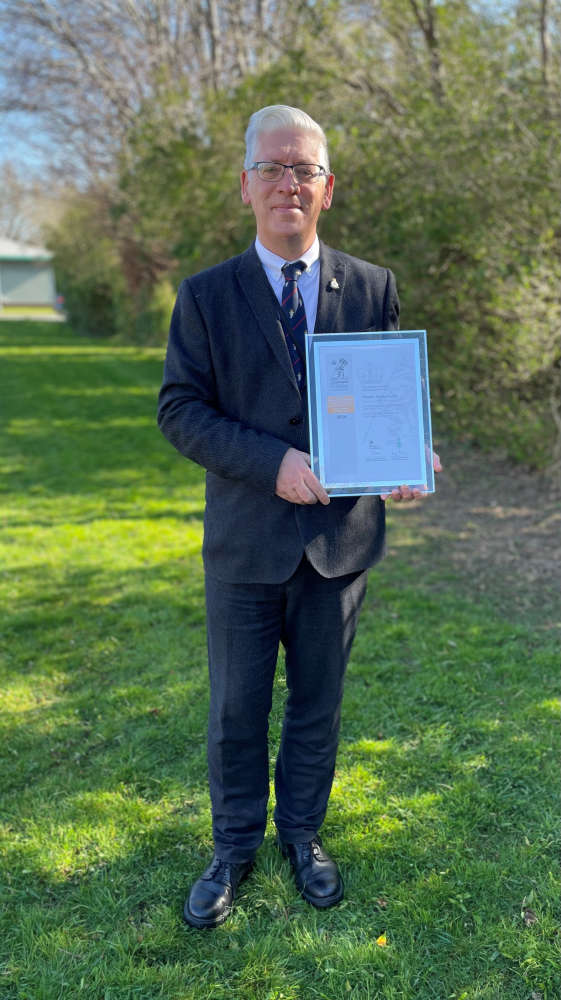 Council awarded Gold Armed Forces Award
Council awarded Gold Armed Forces Award
 Appeal for footage and witnesses following collision in Delamere
Appeal for footage and witnesses following collision in Delamere
 Appeal for information following serious collision in Chester
Appeal for information following serious collision in Chester
 Your chance to get involved in police scrutiny meetings
Your chance to get involved in police scrutiny meetings
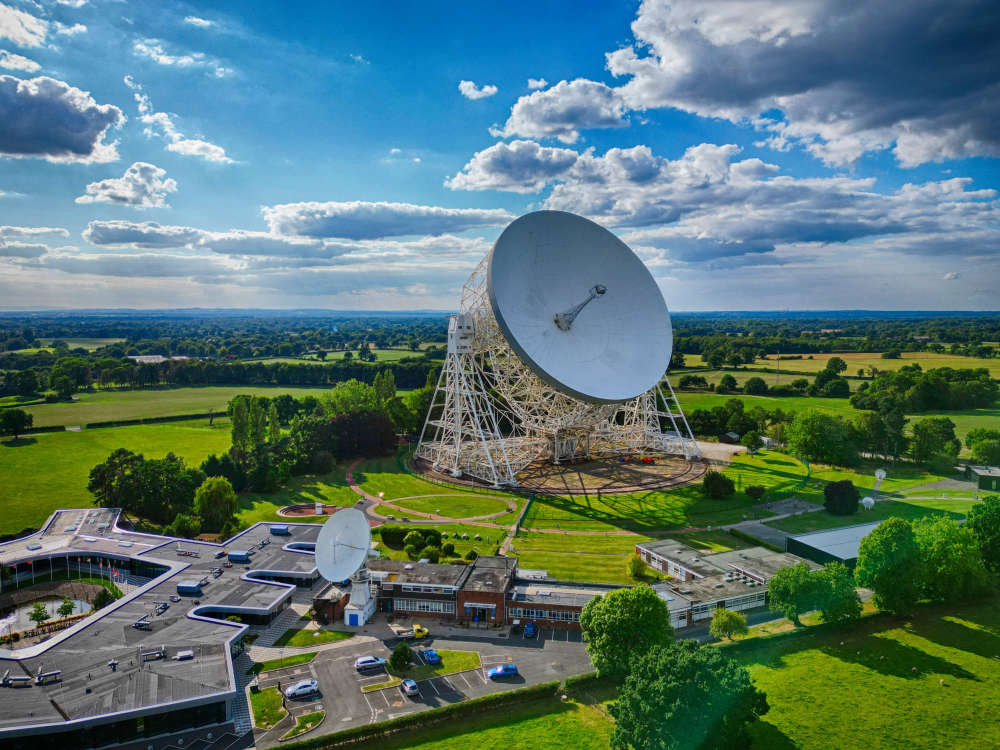 New Events at Jodrell Bank
New Events at Jodrell Bank
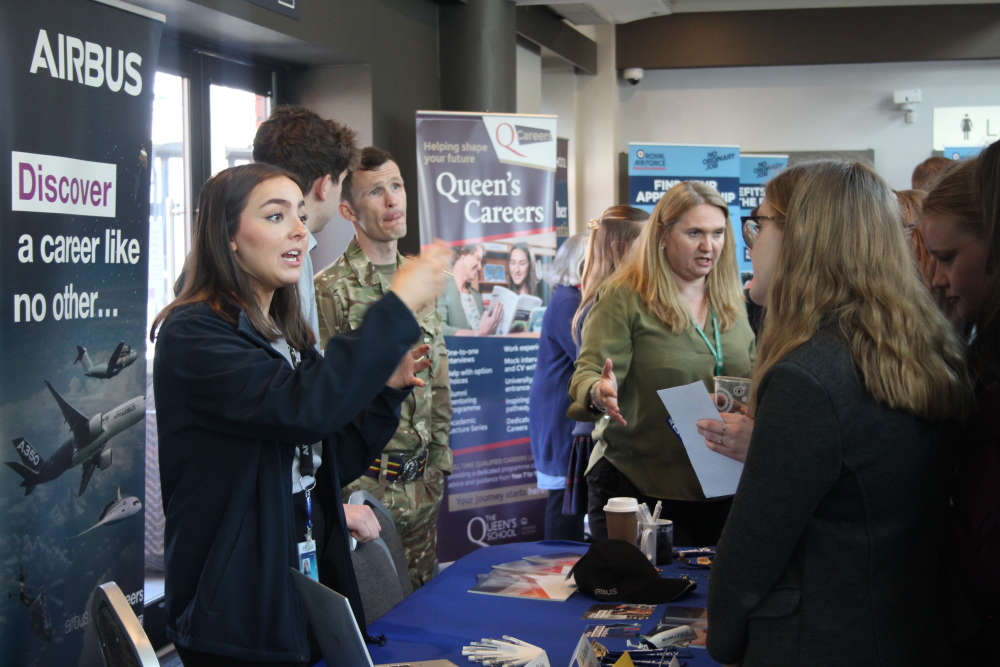 Inspiring Futures at The Queen’s School
Inspiring Futures at The Queen’s School
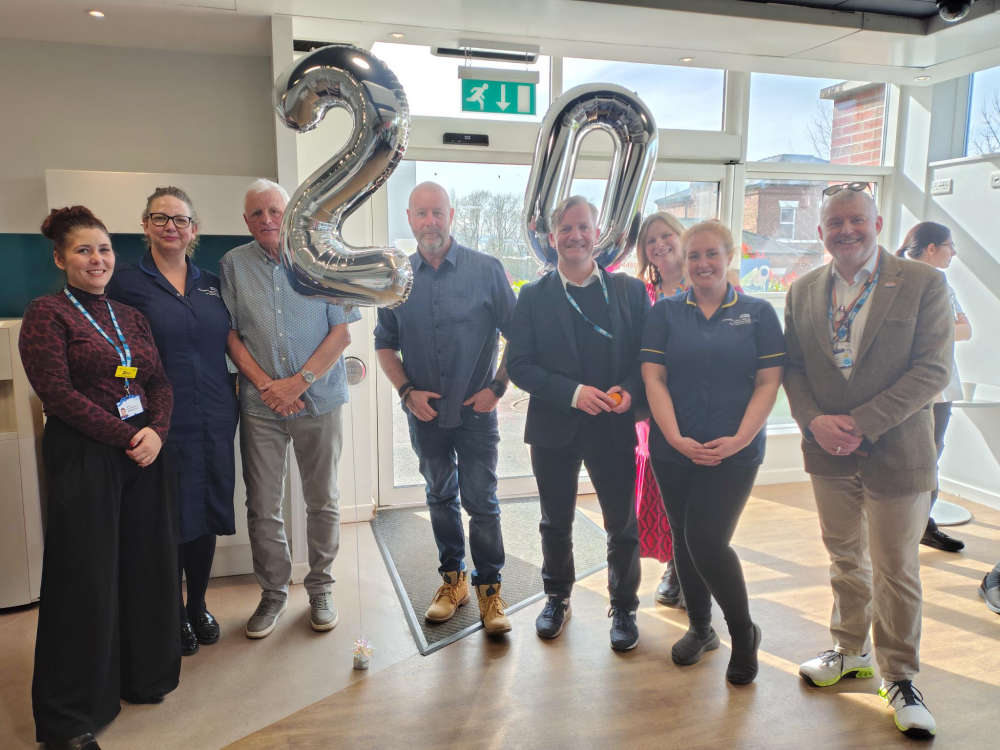 Bowmere Hospital celebrates 20 years of mental health care
Bowmere Hospital celebrates 20 years of mental health care
 Man charged with burglary and drug offences following Chester police stop check
Man charged with burglary and drug offences following Chester police stop check
 Vicars Cross Road closed following collision in Chester
Vicars Cross Road closed following collision in Chester
 Man jailed for controlling and coercive behaviour and assault
Man jailed for controlling and coercive behaviour and assault
 Plan unveiled to transform and improve emergency care at Countess of Chester Hospital
Plan unveiled to transform and improve emergency care at Countess of Chester Hospital
 Chester & Wirral Football League - Weekend Round Up
Chester & Wirral Football League - Weekend Round Up
 Ladbrokes returns to Chester Racecourse
Ladbrokes returns to Chester Racecourse